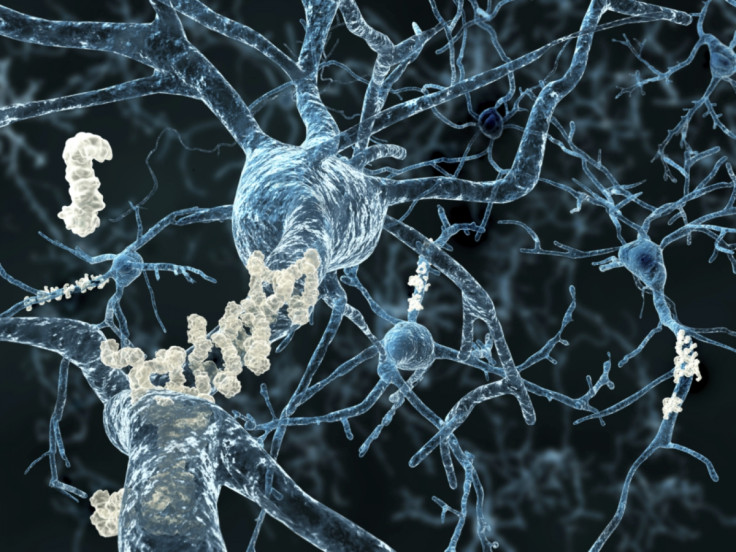'Super agers' with great memory skills show resistance to Alzheimer's disease
'Super agers' keep their good memory until death and avoid the symptoms of Alzheimer's disease.

A minority of elderly individuals manage to retain the cognitive skills of people half their age. Now, a study has shown that these "super-agers" continue to have a very good memory, even when their brains show signs of Alzheimer's disease.
How some people succeed in ageing successfully without developing diseases is an important question. Scientists have tried to answer it, in the hope it could lead them to new approaches to tackle age-related illnesses. In this context, there has been a growing interest in studying super agers, to make sense of their youthful and healthy brains even as they reach their eighties or nineties.
Yet, the number of studies remains limited because super agers are rare to come across. In fact, the new research presented at the annual meeting of the Society for Neuroscience only focuses on a small sample of eight people.
The research team, from Northwestern University in Chicago, analysed brain samples donated by super agers who had died in their nineties, and who had shown exceptional cognitive skills until their deaths. Their memory performance was similar to that of people in their fifties.

The scientists identified the presence of plaques and tangles in these brain samples – a hallmark of Alzheimer's disease. Two in fact exhibited these signs to such degrees that they showed similarities with the brains of some of the most extreme cases of Alzheimer's. However, they also had more neurons than Alzheimer's patients who die from dementia usually have.
This suggests that super agers may be capable of preserving a high number of neurons and of keeping their memories intact, despite showing signs of Alzheimer's disease in their brains.
"Because the sample is so small, it is hard to comment on the results. What we can say is that they certainly fit with a larger body of evidence suggesting that people with signs of damage in their brains don't necessarily end up dying from dementia", Dr James Pickett, Head of Research at Alzheimer's Society, told IBTimes UK. "Also, the underlying question of why some people age without diseases is really interesting and relevant to Alzheimer research".

The findings are also interesting because they give credit to the 'cognitive reserve theory'. The idea is that there is no apparent direct link between the degree of brain pathology and the clinical symptoms of the damage.
Other, larger studies have been conducted to assess the impact of education on the brain, and they have shown that people with higher levels of education are able to tolerate greater levels of brain pathology before they begin showing symptoms of Alzheimer's disease. In other words, the degree of damage on the brain does not necessarily predict the severity of a person's symptoms.
"We do not yet understand the molecular mechanisms of cognitive reserve, or what protects the brain of some people from damage – whether they are educated individuals or super agers. This is one of the questions that the authors of this new study will have to answer", Pickett concludes.
© Copyright IBTimes 2025. All rights reserved.






















